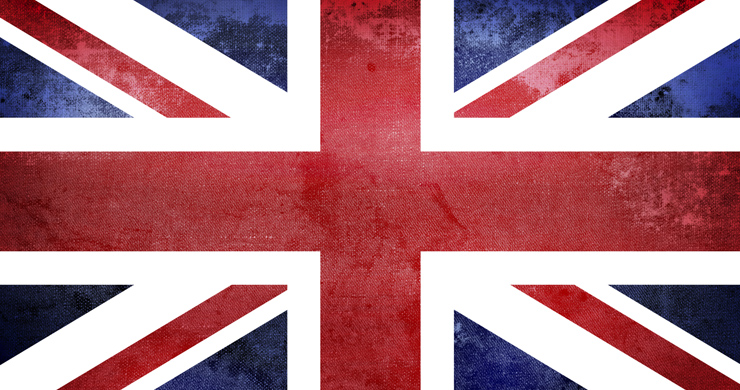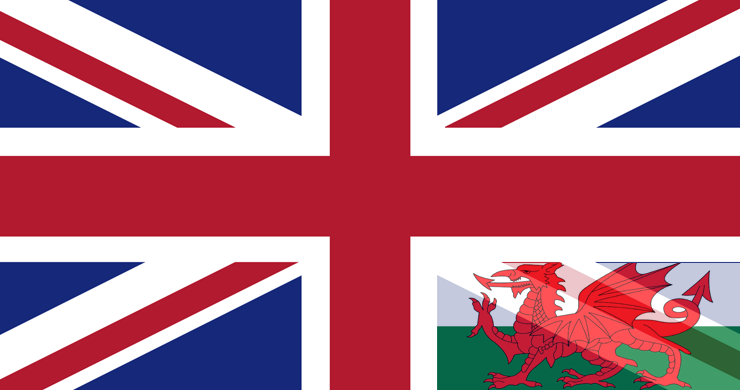How does the UK work?
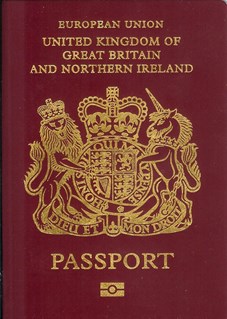
This question does not refer to work as in jobs and careers. It is asking about how the country is governed and how this then affects everyone who lives in the United Kingdom, just like you and your family. In the next edition we will be looking at the general election that will be held in May. In this election just about all citizens of the United Kingdom over the age of 18 will be allowed to vote for a representative in the House of Commons in Parliament in Westminster in London.
Overall the United Kingdom is governed from the Houses of Parliament in the Palace of Westminster in London. The Houses of Parliament are the House of Commons and the House of Lords.
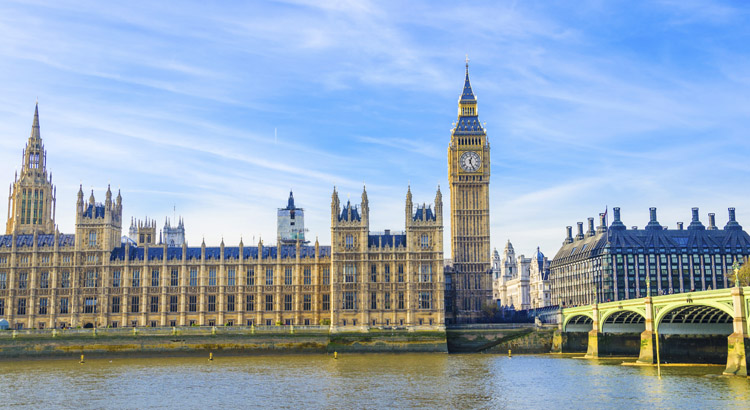
The House of Commons is the most important of the two houses. It is elected every five years (sometimes this can be shorter but no longer) in what is called the general election.
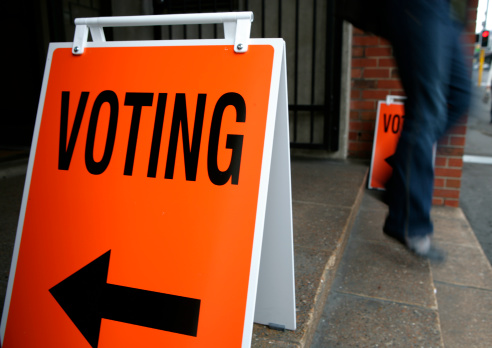
The www.gov.uk website tells us that you can vote in a U.K. parliamentary general election if you’re registered to vote and:
- are aged 18 or over on polling day
- a British citizen, Commonwealth citizen or a citizen of the Irish Republic (if residing in the U.K.)
- not legally excluded from voting (e.g. because you’re in prison)
You can’t vote in a U.K. parliamentary general election if you are:
- under 18
- a member of the House of Lords
- a European Union citizen (and not also a British, Irish or Commonwealth citizen)
- in prison (apart from remand prisoners)
Who is British?
We use the word citizen but do you know what it means?

A citizen has a set of rights, privileges and duties in the country of citizenship. For a U.K. citizen in what is usually around the sixth richest country in the world that is a lot of rights and privileges!
Around the world probably a billion plus people dream of becoming a British citizen. For these people living in mostly poorer countries around the world it is something like our ‘when I win the lottery’ dream. Do you realise how lucky you are if you qualify as a British citizen just by being born in Wales or another part of the U.K.?
There are different rules for people born before 1983 but for people born after this date they will automatically qualify as a British citizen if:
- They were born in the U.K. or a British Overseas Territory and
- One of their parents was a British citizen or legally settled in the U.K.
If someone does not qualify automatically they may also be able to register; some good examples are; a child born or adopted outside the United Kingdom but with a parent who is a British citizen; people with connections to the U.K. maybe as being connected to places such as Hong Kong or Gibraltar which at the time may have qualified them because for example Hong Kong used to be a part of the British empire before becoming part of China. Certain types of military service and/or government service may allow also allow a person to register for citizenship.
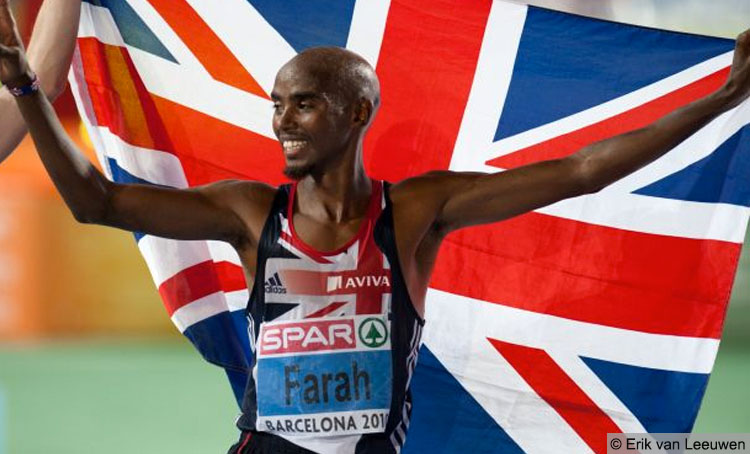
If a person does not qualify automatically or does not qualify to register they may still be allowed to naturalise as a British citizen. To naturalise, someone will need to pass strict rules on whether they are allowed to settle (live) in the U.K., they then have to live five years in the U.K. (three if they marry or have a civil partnership with a U.K. citizen), they then have to pass an examination in English, and finally pass an exam on life in Britain where they can be asked anything such as questions on a book, which would be similar to what you could expect for GCSE!

Again most young people in Wales who qualify automatically through birth have no idea how lucky they are to be born into a country which is usually around number six in the rankings of wealth and money. Imagine for a moment being born and living in one of the poorest countries of the world.
The General Election

In May everyone eligible to vote and who has registered to vote will have the opportunity to vote for a M.P. (Member of Parliament). There a 650 M.P.s representing 650 constituencies which are areas of different sizes and different populations. There are 40 M.P.s from Welsh Constituencies which gives Wales a decent amount of influence in Parliament. However some people think that each constituency should have roughly the same number of people living in each one; if this happened Wales would only have 18 constituencies so would have a lot less influence in the United Kingdom overall. It is not happening at the moment but it is something that some people in Parliament want.
Whichever political party has the most M.P.s is the first to be given the chance to form a government; the government makes day to day choices for the country. If one party has a majority (more than half) of all M.P.s then this is easy. If no party has a majority then two or more parties need to do a deal and will form a joint government called a coalition government. The leader of the government is called the Prime Minister.
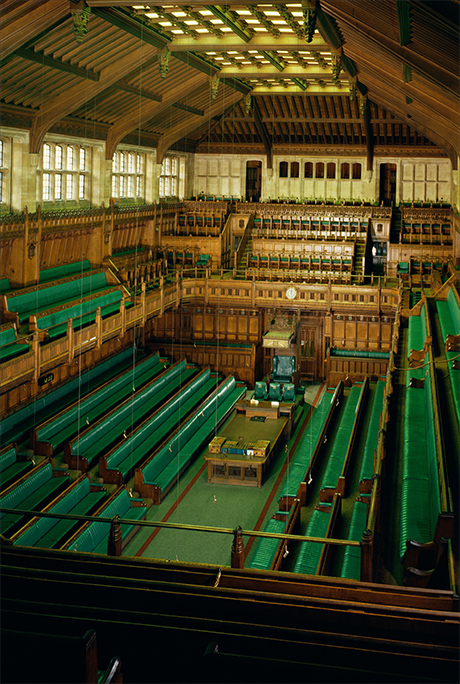
If the government wants to change the law or make certain other important decisions, it will need to pass a series of votes with a majority in the House of Commons. Along with getting these majority votes in the House of Commons decisions are looked at and voted on in the House of Lords. The House of Lords is not elected (but some say that it should be) instead individuals are appointed based on their experience or position in our society. They have the power to try to revise or change House of Commons decisions but not to stop them. If a majority of M.P.s pass a decision three times then it will happen.
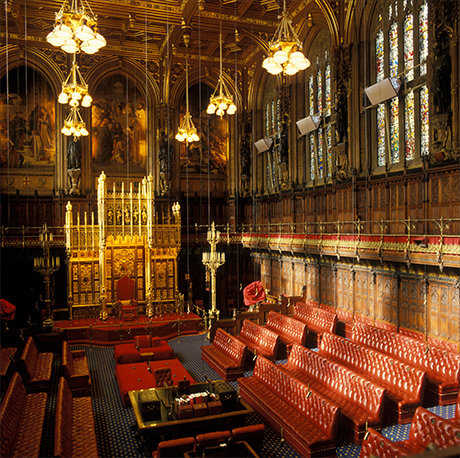
In Parliament the House of Commons has green seats and the House of Lords has red seats.
Devolution
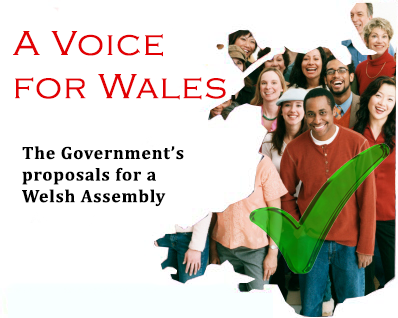
The United Kingdom government and Parliament makes all of the decisions for the United Kingdom; however some decisions in Wales, Scotland and Northern Ireland have been devolved. These three countries had a referendum in which a majority voted for devolution, this means that decisions on certain things such as education, health and local government would be taken in assemblies in Northern Ireland and Wales but in a Parliament in Scotland. Since the first referendum in Wales there has been a second referendum in which the people of Wales voted for more powers to be devolved to Wales. Last year there was a referendum in Scotland whether or not to become independent; the Scottish people voted to stay as part of the united Kingdom but to persuade them, the leaders of the main parties in the U.K. government promised the Scottish Parliament a lot of new powers which has now led to a lot of new issues for Wales and the rest of the United Kingdom.
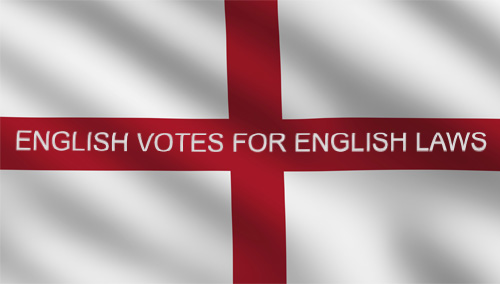
A lot of people in England think that it is unfair that M.P.s from Scotland, Wales and Northern Ireland can vote on devolved matters such as health or education in England but English M.P.s cannot vote on the same things in the other three countries. Some have called on ‘English votes for English matters’ but this would mean that M.P.’s from the three devolved nations would have less say than English M.P.s in Westminster. This will be a big a very big news issue this year. What do you think about the following:
- Things should just stay the same
- Welsh M.P.s not being able to vote in Westminster on any decisions which have been devolved.
- All M.P.s should be equal in the U.K. parliament and England should have devolution and its own assembly/parliament or perhaps more than one; maybe one in the North and one in the South or maybe as many as four.
Could this be the future of devolution in the United Kingdom?
Look at the yellow for the cross of St David on the Union flag.
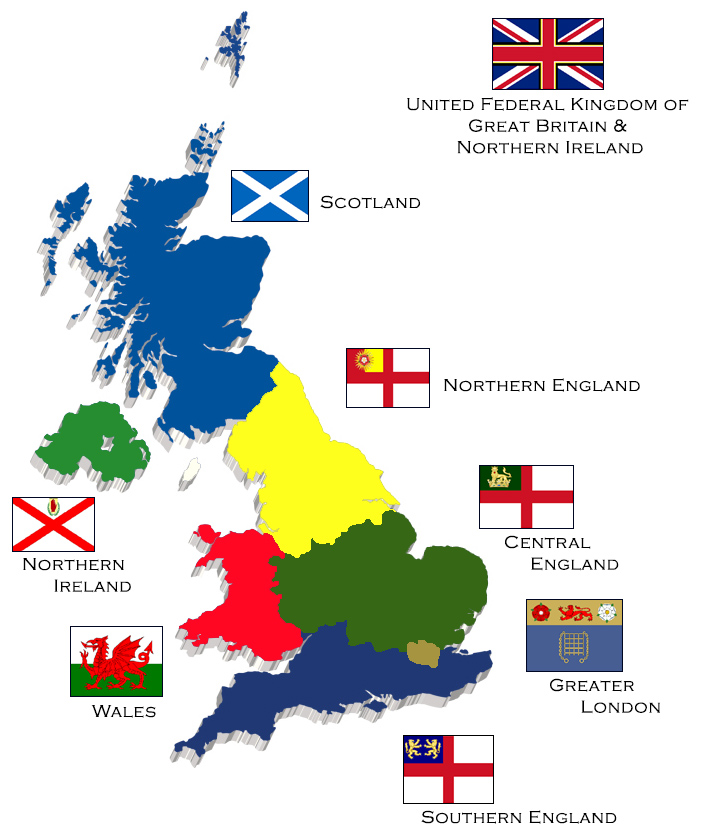
Funding Wales

Money is a big issue. In Wales the Welsh Government has been complaining for a long time that it gets a lot less money than Scotland and Northern Ireland. Wales gets a bit more money per person than England despite Wales having the same issues making life more expensive as in Scotland. The cheapest place for the U.K. government to provide services is in England so one argument is that they should require less of the money; this would allow more money for Wales so that it can receive the same as Scotland. Another argument is that Scotland should receive less so that it gets the same as Wales and England. Most people agree that Northern Ireland due to its location off the mainland and its past history of conflict and terrorism deserves to receive more money.
We will look at this issue in more detail in the linked article on Wales and when you complete the Decision Making exercise.
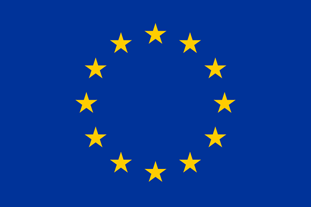
The other hot news story related to all of this is the membership of the United Kingdom to the European Union. As part of the treaty to join the E.U. the United Kingdom agreed to certain things including obeying certain decisions of the European Parliament. One of the things that the U.K. agreed to was to pay billions of pounds a year as a contribution. Now this is a bad deal for the richer parts of England which are the places where a lot of this money comes from. It is however a great thing for poorer parts of the U.K. such as large parts of Wales which get huge grants of hundreds of millions of pounds each year to try and help poorer areas become richer.
A possible referendum over the future of the United Kingdom in Europe will be a massive news issue in 2015 and possibly beyond – you have been warned.
Scan the information in this article and organise the key points you find into a different format. Use either a table or a mind map; key points should be identified as either being good news for Wales or bad news for Wales; colour code green for good for Wales and red for bad for Wales.
You will need this information to justify your choices in the Decision Making Exercise at the end.
